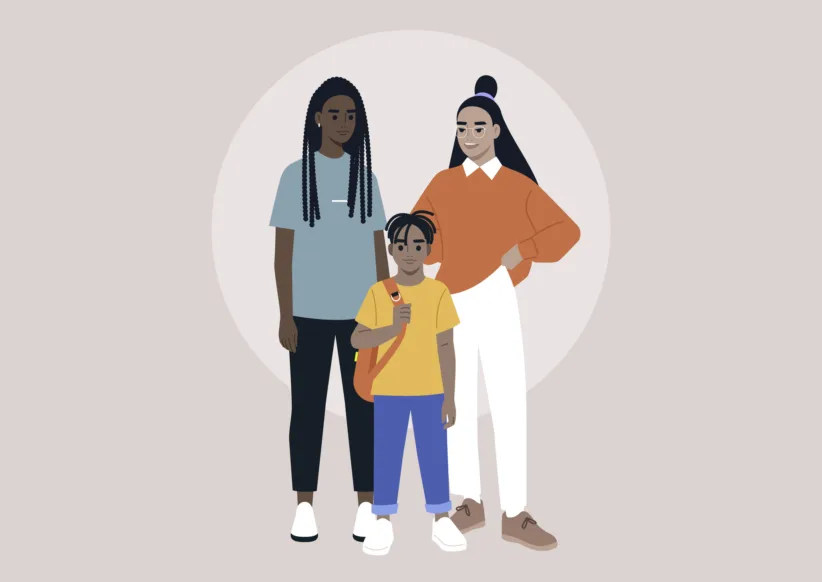To help recognize Autism
Awareness Month, Dr. Catherine Lord, Director of the Center for Autism and the
Developing Brain at NewYork-Presbyterian/Weill Cornell & Columbia and a
leading authority on Autism Spectrum Disorders (ASD), offers families guidance
and tips following a child’s diagnosis within the ASD. —
Have hope. Things get better. There are
changes every day in what we can do to help people with ASD.
Your child is an individual. Remember your
child is first of all his or her own unique person, then a child, then a child
with strengths and difficulties, and only then a child with ASD.
Have a strong support system. Find
people whom you can trust to support you, and then to support you as a parent of
a child with autism.
Find credible sources. Find sources of information that you can trust. You will
hear many contradictory pieces of information. Figure out where you can check
about new ideas.
Enjoy each other. Be sure to every day do
things that you enjoy and that your child enjoys. While opportunities for
learning are important, shared enjoyment is even more important in a
family.
Set goals. Think
of a few reasonable goals you would like your child to accomplish – small
things that you think he or she can almost do. Try to concentrate on figuring
out how to accomplish these goals. These goals should not be long-term plans or
big goals.
Make time for your spouse. Make sure to have some time for you and your partner every
day, even if it is just a few minutes, where you focus on each other, and not
the child. Stick up for each other’s needs and perspectives as you consider
what you will do for your child.
Be involved. Children with ASD who come from families who devote time to
learning and playing with them show more improvements than families who are less
involved.
Have reasonable
expectations for your child’s behavior. Do not let your child do
things (like bite people or climb on counters) that you would not let another
child of the same age do. Do not punish, but respond quickly and distract if
things are not going well.
Find the
resources in your community. Other parents are important sources of
information. Use them, but every child with ASD is different so stick up for
what you think are the needs of your child.
Dr. Catherine
Lord is the Director of the Center for Autism and the Developing Brain at
NewYork-Presbyterian Hospital/Weill Cornell & Columbia. She is a clinical
psychologist who co-developed some of the key diagnostic tools to help
clinicians recognize autism in individuals of varying ages.
The Center for Autism and the Developing Brain is a
comprehensive, state-of-the-art institute dedicated to addressing the pressing
clinical needs of individuals living with autism spectrum disorders and other
developmental disorders of the brain, across their lifespan.
NewYork-Presbyterian Hospital, along with its affiliated medical schools
Columbia University College of Physicians and Surgeons and Weill Cornell Medical
College, has collaborated with the New York Center for Autism to
establish the Center for Autism and the Developing Brain.





















